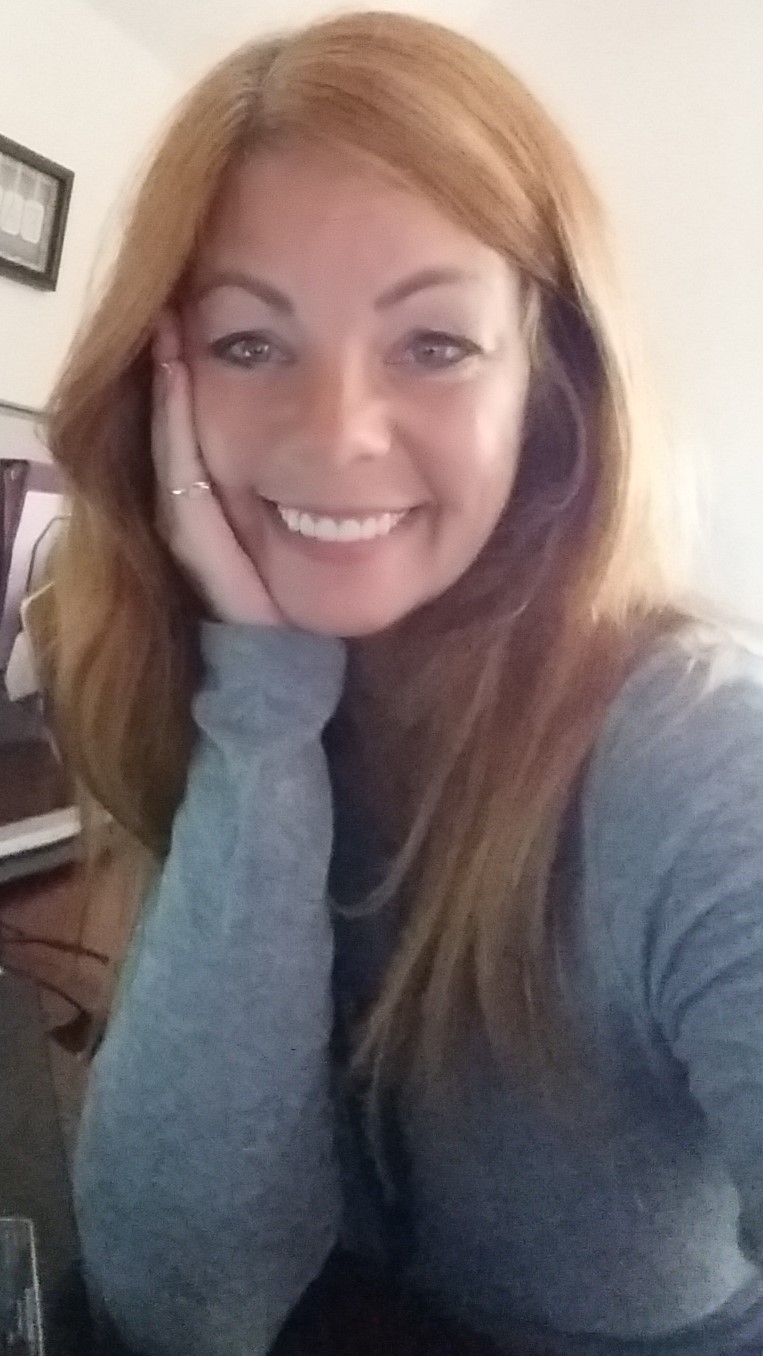Some information may be outdated.
Some years ago I was nominated for the Ambassador of Recovery in Utah, and with that title I was invited to give a speech at the Utah State Capitol about addiction, my personal experience and my desire to squash the stigma around substance use and mental health diagnosis. I was honored to have a platform to begin what I now know as my calling: to teach, encourage, model and unite.
The words we choose are so powerful. Linguistic appropriateness, political correctness and censorship all have a main driving force: compassion. Everywhere we look in today’s culture there are shifts. Sometimes the words we’ve been coached to use for years and even decades become taboo, no longer acceptable, and we find ourselves asking, “Well, what can I say? Is this word appropriate?”
So we begin small. Even small changes reap big rewards and forward thinking.
Language has the ability to cut like knives. Its power can open up old wounds and create new ones.
Our words can be harmful to the most vulnerable people in our communities, such as people with mental health challenges and substance use disorders.
People that live with mental health conditions as well as substance dependence all have one thing in common: they are all human beings. They deserve to be treated as well as one would want to be treated. The ways in which we speak regarding them when they are not around is no different.
They are someone’s daughter, son, mother or father.
Addiction is not just an individual or family problem; it’s a social problem. It is a challenge that we have been fighting, shaming and stigmatizing into one of the worst epidemics that this generation has ever seen. Now don’t get me wrong, I am not going to bore you with political tangents, nor victimize myself and others by blaming the government and other entities. The “why” that explains where we are today and where we find ourselves in the war on drugs and the opioid crisis is no longer important.
What is important is how we presently respond to it and how we can help ease the pain and suffering of our loved ones, our neighbors, and our communities. I am here to tell you that responding positively and with compassion makes a difference in the world.
Let’s begin with identifying a way in which learning new positive language can make big changes: the word “addict.”
For many people, myself included, the word “addict” is incredibly offensive. You do not have my permission to call me an addict. You can of course refer to yourself as an addict, if you wish, but please do not refer to everyone physically or psychologically dependent on drugs as “an addict.”
I once struggled with an opioid use disorder, but I am recovered. That time in my life no longer defines me; it’s not how I introduce myself. Just like anyone that has ever struggled with a substance use disorder and healed, it’s not the totality of who any one of us is.
“Addict” is a word loaded with stigma and contempt, and it’s somewhat appalling that we continue to let it be used so indiscriminately. Begin using any of the following as an alternative to calling someone an addict: individual dependent on drugs; person struggling with substance use disorder; person in recovery from addiction. It can make a big difference.
I am so thankful and incredibly blessed to belong to the only community I’ve lived in my life where people rally together to support anyone residing here that is facing a health crisis, had an unfortunate accident or is in some way in need.
Moab is a community where the generosity that overflows from within is second to none when one of us is suffering. I can’t begin to express the gratitude that I have for all of you in this wonderful little oasis in the desert, how you have allowed me to be seen in a new light, how your forgiveness has made my life in recovery something I never thought possible. Thank you, Moab, from the bottom of my heart, for allowing me the room to contribute to and assist this community.
Please remember what John Lennon said. It is a need that exists in us all, especially when our behavior is less than savory: “Love is all you need.”
Tara Wilder has been in recovery from an opioid use disorder since 2012. She is currently working to obtain a degree in social work from Utah State University and is a case manager/certified peer support specialist/DCFS liaison with Four Corners Community Behavioral Health at the Moab clinic.
“‘Addict’ is a word loaded with stigma and contempt, and it’s somewhat appalling that we continue to let it be used so indiscriminately.”
Appreciate the coverage? Help keep local news alive.
Chip in to support the Moab Sun News.



